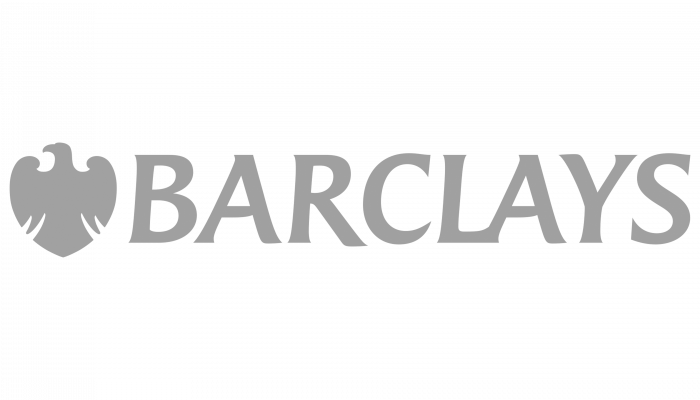Paying off your mortgage faster might be desirable for a variety of reasons but whatever your reasons there are a few facts worth considering.
First of all, most people’s mortgage debt is the cheapest form of borrowing they have. Car loans and credit cards are far more expensive. Therefore, there’s little point paying off your best value loan if you are still borrowing on credit cards or to buy your next car. Get your priorities right.
The flip side of this is that whilst a car loan might be over say 3 to 5 years, a mortgage term is usually 25 years or more. That means that in most cases someone that borrows £100,000 over 25 years will end up paying back about £175,000 in capital and interest over the term of the loan. Now that’s sobering.
Of course, the faster you pay off debt, the less interest you accrue which, in turn, makes it cheaper to pay off debt. More of your monthly payment is made up of capital repayments.
Here are a few ways to pay down your mortgage faster and reduce the amount of interest
you pay over the term of the loan;
- Take a mortgage over say 3 years less than you intended to. OK, this will increase your monthly repayments but it will also save you three years of payments at the end of the term. Ask your mortgage advisor to work this through for you. You’ll be amazed at the savings! Perhaps you need to add more hours or take a second job to make the additional monthly payments? That can be hard, but remember, for every monthly repayment made you are potentially saving hundreds or thousands!
- Shop around for the best deals! Simply securing the best mortgage deal can save you thousands in saved interest and arrangement fees and redemption penalties! Capped and fixed rate mortgages are worth considering. Whilst interest rates remain historically low, use the time to repay as much capital as you can. You could save thousands of the lifetime of your mortgage.
- Make cash lump sum payments. Using your bonus or cash windfalls to pay off your mortgage principal will not only save you a great deal of money, it’ll also stop you fluttering it away on ‘stuff’ you don’t need.
- Transfer savings to reduce debt. With interest on savings negligible, you are probably best to use cash savings to reduce debt. Of course, make sure to leave enough cash savings for a rainy day. Cashflow for many people is very tight with one month’s lost pay cheque being unthinkable. Some lenders off an offset mortgage which effectively links your savings to your home loan and offsets capital in the former to reduce the costs of borrowing on the latter. This can be especially useful to those self employed people that need access to capital but not all the time.
- Watch out for hidden charges! Many mortgage lenders will only allow you to make lump sum payments at specific times. If you pay off too much at the wrong time you might end up incurring punitive charges - Have your mortgage advisor check the small print!
For more information contact Mortgage Required to speak to a mortgage adviser today.
Recent posts
Delayed Start Mortgage from Skipton
Yesterday
Skipton Building Society launches ‘Delayed Start’ mortgage meaning first time buyers won’t be required to make repayments for the first three months.
According to a survey by Skipton, first time buyers who bought their home in the last five years found that in the first three months of living there, they were spending upwards of £30,000.
Gardening Tips for Beginners
6 days ago
If you have recently moved into a property with a garden that requires a little TLC, or you’d like to get on top of your current green space, check out our tips.
The Family-Backed Mortgage from NatWest
9 days ago
High street lender, NatWest, have launched a new product to help first-time buyers purchase a property with assistance from a family member or friend to get them on the property ladder sooner.
The Impact of Klarna on Mortgage Applications
10 days ago
‘Buy Now, Pay Later’ (BNPL) schemes, such as ‘Klarna’ are short-term loans that allow shoppers to make a purchase, but delay paying for it for an agreed amount of time.
Klarna is one of the most popular BNPL services with 18 million customers in the UK alone, and offers interest-free payment options which is appealing to shoppers. However, does it affect a mortgage application?
Buy to Let mortgages: what's happening?
15 days ago
We look at how to get the best Buy to Let mortgage rate, what's in store going forward, and options as a landlord with increasing costs.
UK mortgage rates following Trump’s Tariffs
24 days ago
Throughout this past week, lenders have continued to reduce their mortgage rates giving borrowers in the UK some welcome news following the change in global tariffs under US President, Donald Trump.
Effective ways to relieve stress
24 days ago
Did you know that buying a house, or relocating is in the top 10 most stressful life events?
Stress of course is an unavoidable part of life and there are many reasons why people experience stress, not just buying a house!
There are lots of effective ways to manage and reduce stress, check out our tips to help you.
With the stamp duty relief ending in England and Northern Ireland, we have listed the top 10 cheapest areas for first-time buyers as published by Rightmove.



























